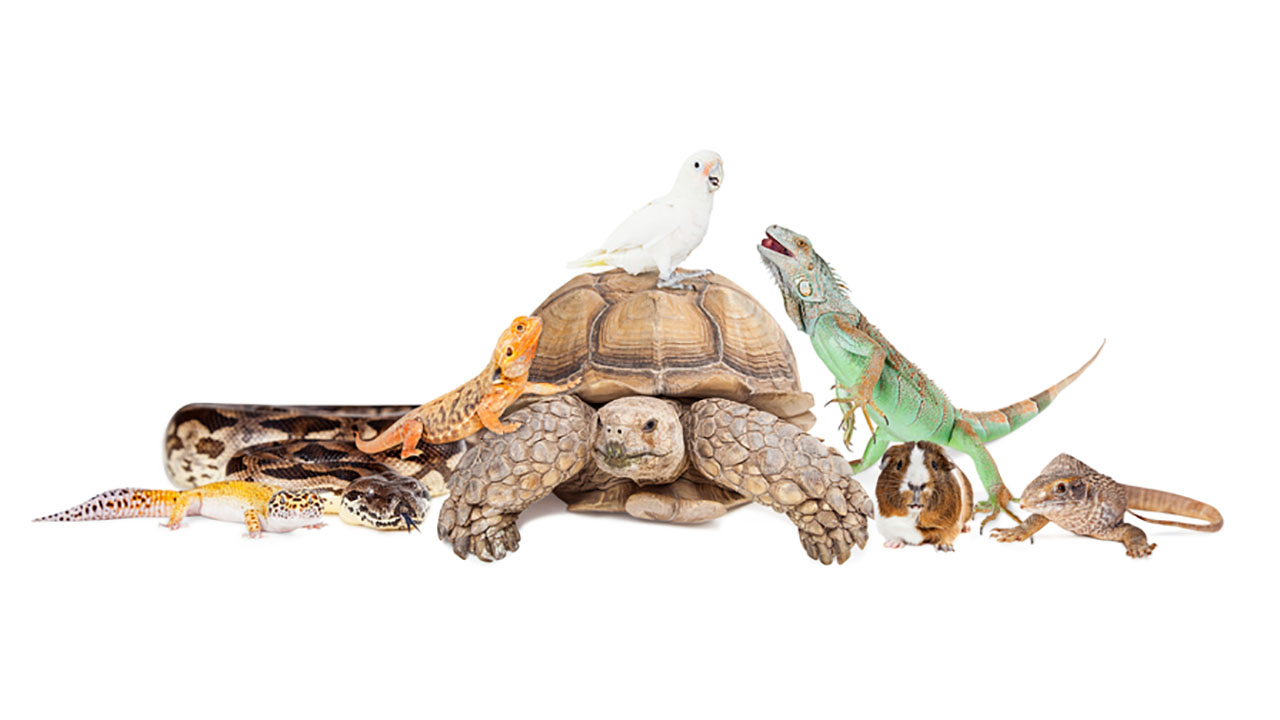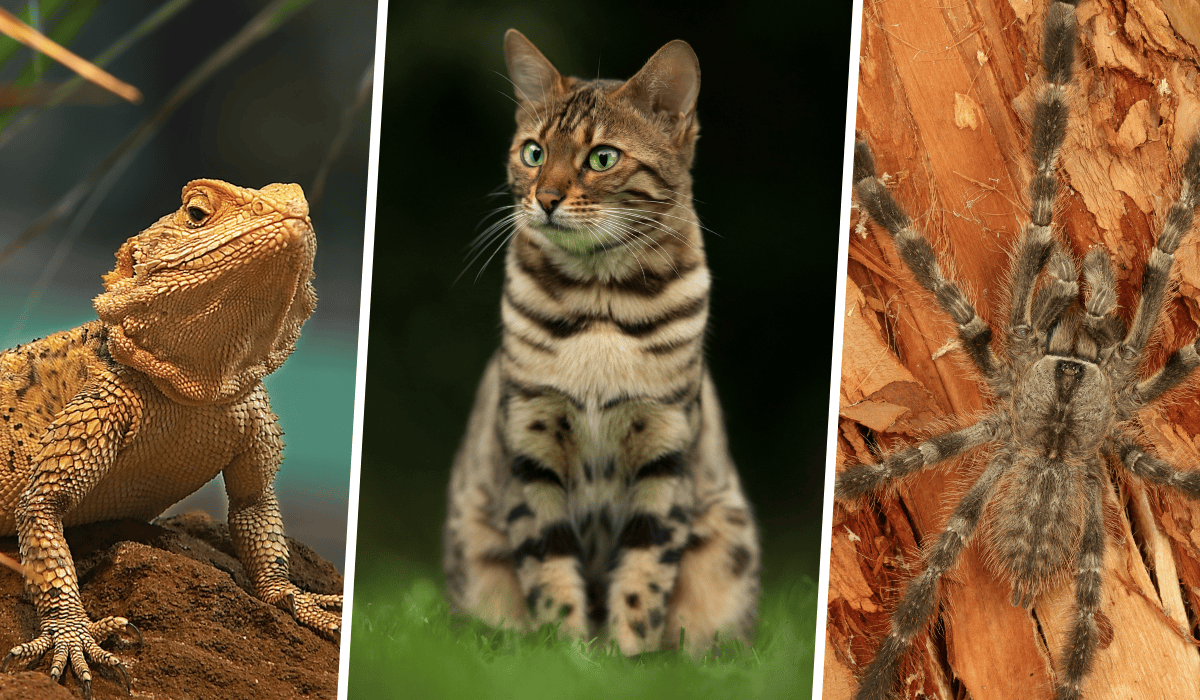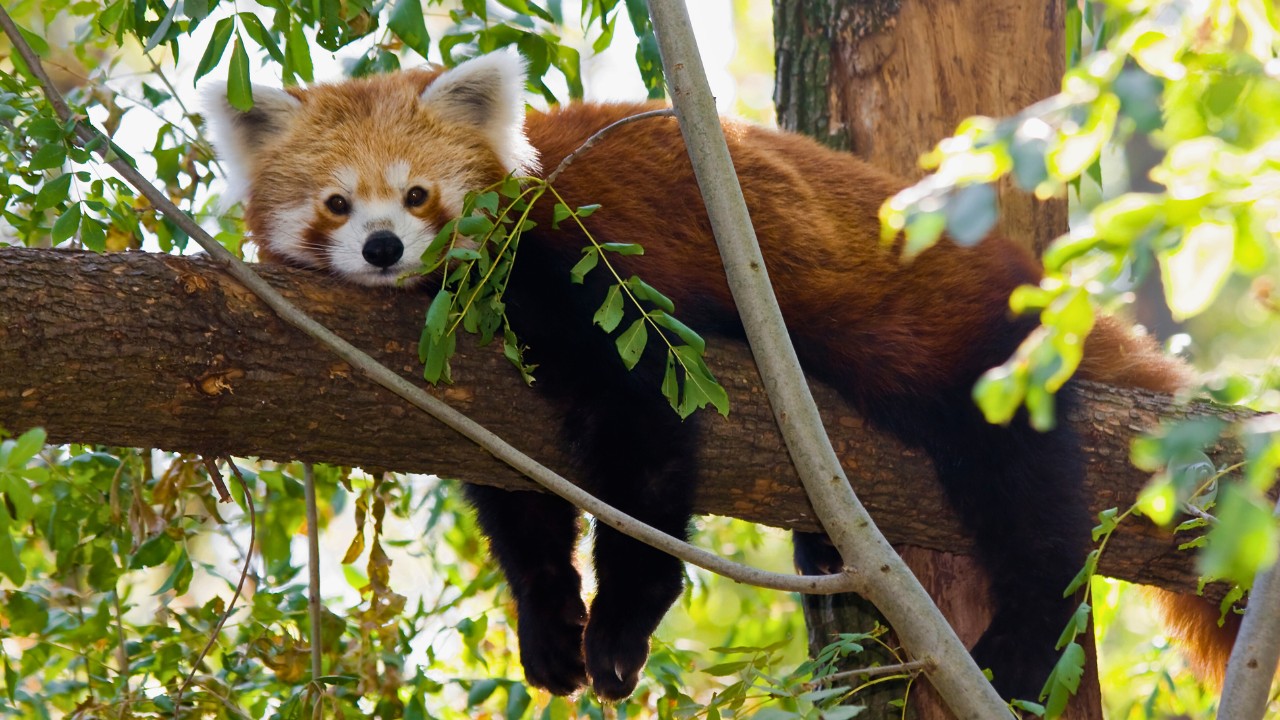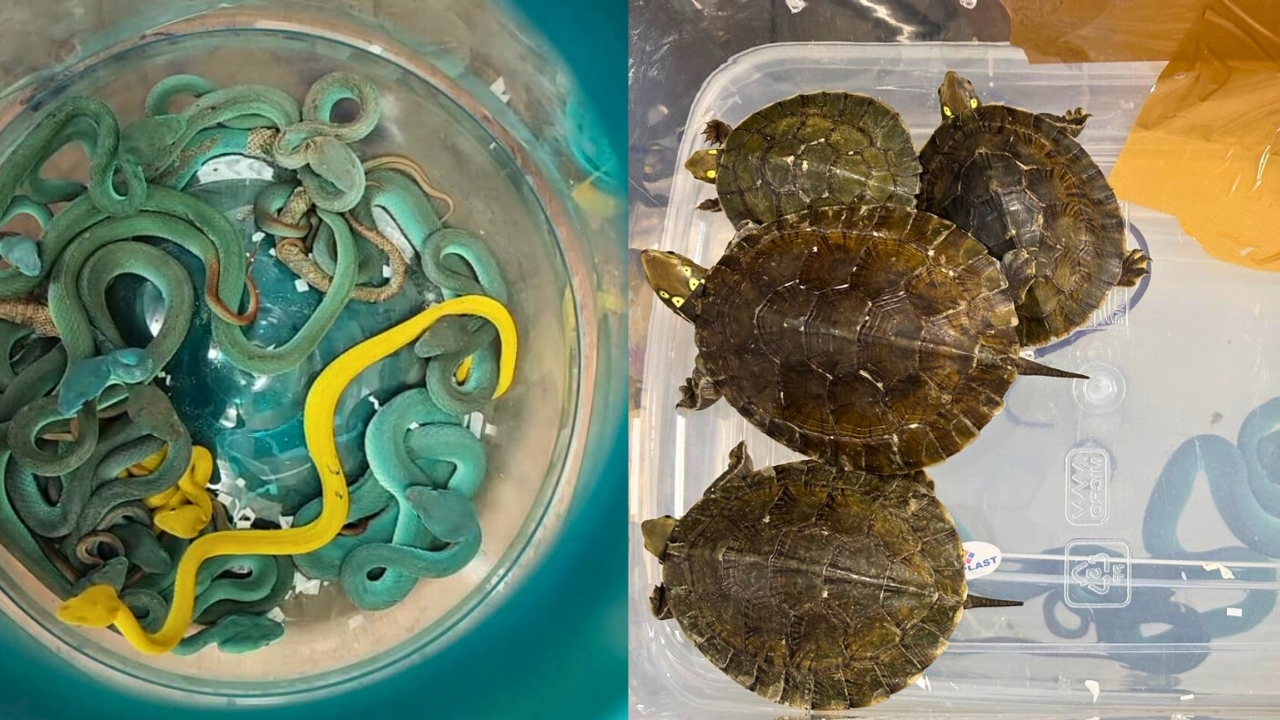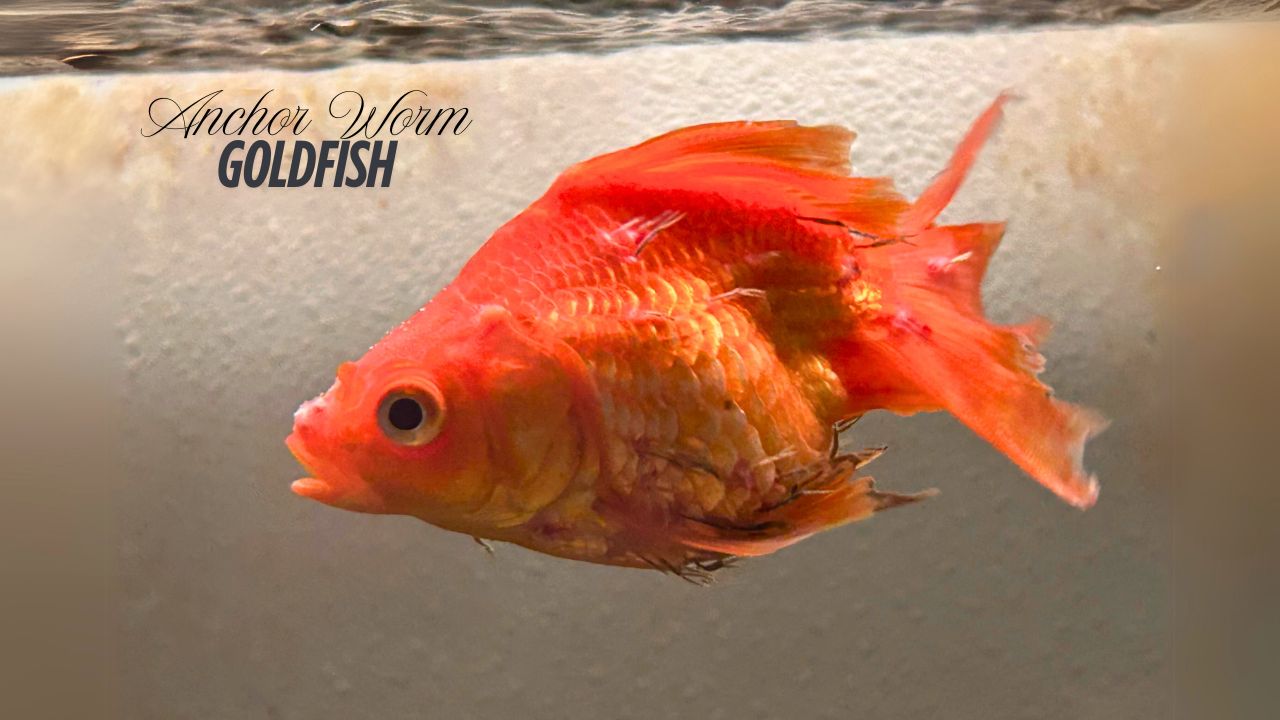Owning an exotic pet might seem like a fascinating adventure, like hanging out with a monkey at breakfast or having a snake draped around your shoulders. But the reality harbors hidden dangers for both the animal and humans. While the allure of an unusual companion is undeniable, prioritizing animal welfare and public safety necessitates a critical lens on the exotic pet trade. Here are 10 reasons why we shouldn’t keep wild animals as pets and why exotic pets should be illegal:
10 Reasons Why Exotic Pets Should Be Illegal
Here are 10 compelling reasons why exotic pet ownership should be outlawed:
- Unmet Needs and Suffering
- Fueling the Illegal Wildlife Trade
- Zoonotic Disease Risks
- Public Safety Concerns
- Inadequate Regulation and Enforcement
- Psychological and Behavioral Issues
- Long-Term Commitment Mismatch
- Financial Burden and Resource Drain
- Conservation of Ecosystems
- Promoting Ethical Alternatives
Read: Do Owning Exotic Animals Make Good Pets?
1. Unmet Needs and Suffering: Most exotic animals have complex needs, often impossible to replicate in captivity. Confined spaces stifle natural behaviors, leading to stress, frustration, and even self-harm. Imagine a majestic raptor deprived of soaring or a social monkey isolated in a cage.
2. Fueling the Illegal Wildlife Trade: Many exotic pets originate from poaching, driving species to extinction and disrupting ecosystems. Legal ownership fuels demand, perpetuating this cruel and unsustainable cycle.
3. Zoonotic Disease Risks: Zoonotic diseases (those transferable from animals to humans) pose a significant threat with exotic pets. Reptiles can carry Salmonella, monkeys can transmit Herpes B, and hedgehogs might harbor ringworms.
4. Public Safety Concerns: Exotic animals, even seemingly docile ones, can possess unpredictable wild instincts. Venomous snakes, powerful primates, and predatory birds pose the risk of serious injuries, especially for unsuspecting children.
5. Inadequate Regulation and Enforcement: Current regulations often lack the teeth to ensure proper care and prevent escapes. This exposes communities to potential threats and leaves countless animals neglected or abandoned.
6. Psychological and Behavioral Issues: Exotic animals aren’t domesticated and lack the adaptability of traditional pets. This can lead to aggression, destructive behaviors, and emotional instability, posing challenges for owners and raising ethical concerns.
7. Long-Term Commitment Mismatch: Most exotic pets have lifespans exceeding their owners’. As owners ‘ circumstances change, this raises concerns about abandonment, rehoming difficulties, and potential neglect.
8. Financial Burden and Resource Drain: Specialized diets, spacious enclosures, and veterinary care for exotic animals can be extremely expensive, potentially leading to neglect or improper care due to financial constraints.
9. Conservation of Ecosystems: Exotic pet popularity can create problems with invasive species if released or escaped animals establish breeding populations, disrupting native ecosystems and causing ecological consequences.
10. Promoting Ethical Alternatives: By prohibiting exotic pet ownership, we encourage responsible pet choices and promote the adoption of well-suited domestic animals in shelters. This fosters compassion and responsible pet ownership.
So, there you have it! Ten reasons why owning exotic pets is a bad idea. Let’s stick to the awesome animals who were born to be our friends and leave the wild animals where they belong – free and safe in their own homes.

